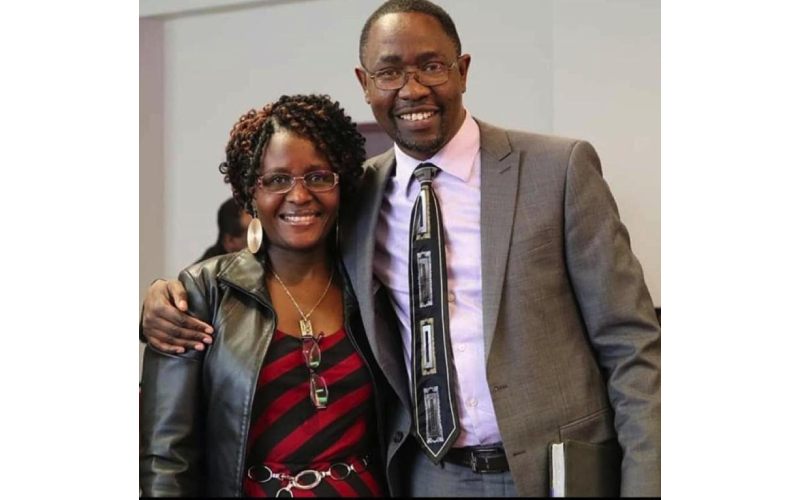×
The Standard e-Paper
Kenya’s Boldest Voice

Mwangi Kimani and Rose Mwangi [Courtesy]
Love wins. Even during a pandemic, perhaps even more than ever, the pursuit for the perfect love story became urgent. In the midst of stories of death, disease and desperation that came with Covid-19, humanity sought for that which draws them closer: love.